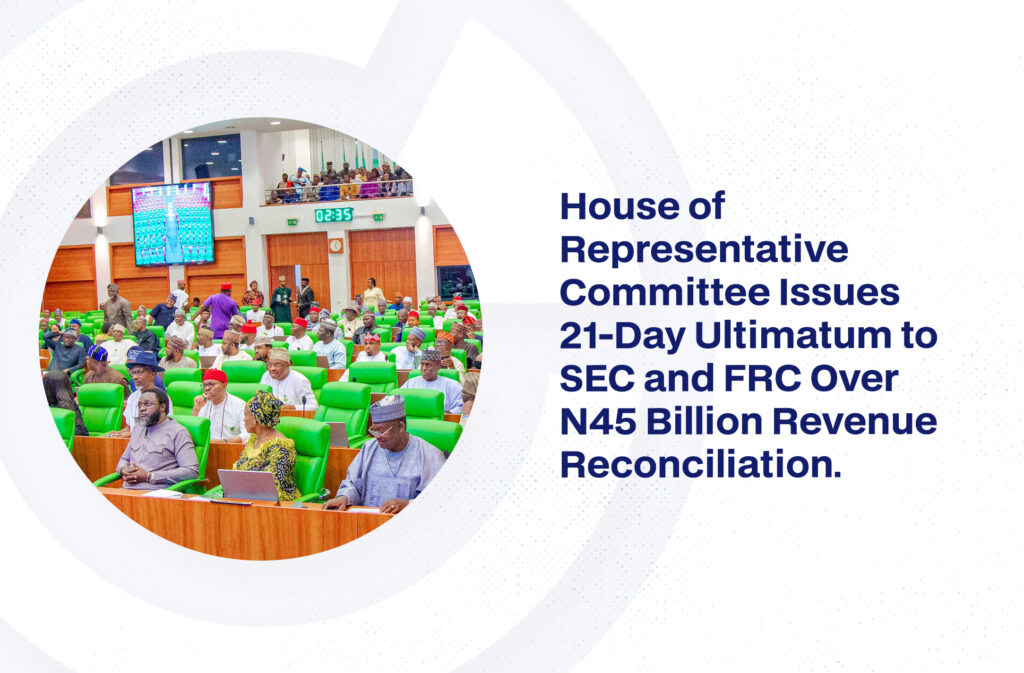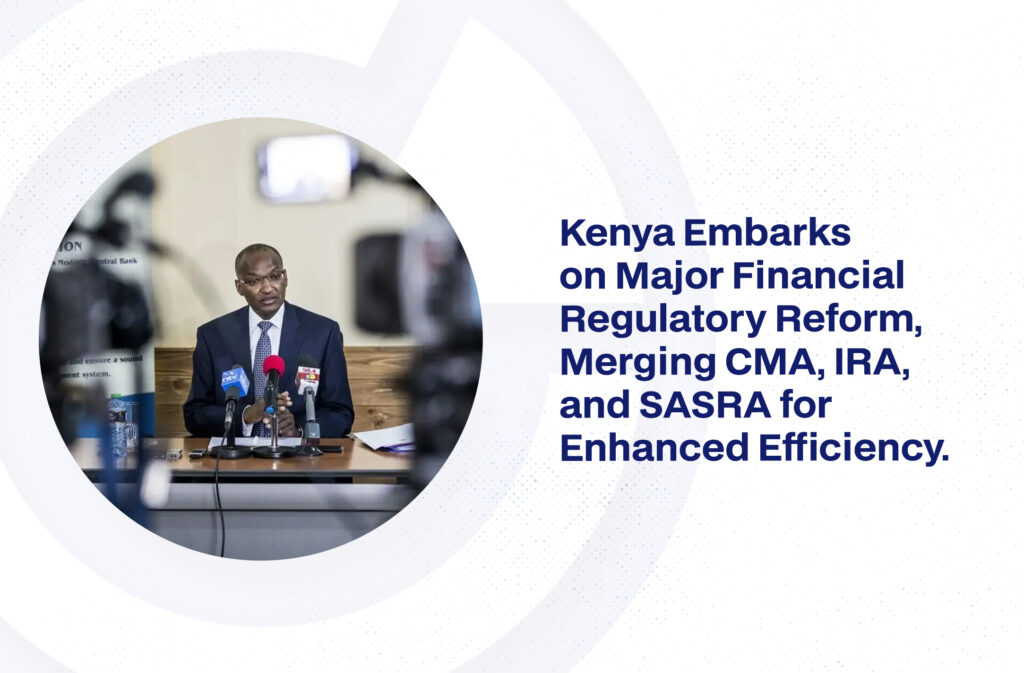
In a significant policy shift, the Central Bank of Nigeria (CBN) has unveiled a new regulatory directive intended to invigorate the nation’s real sector through adjusted lending protocols. Issued on April 17, 2024, under the reference number BSD/DIR/PUB/LAB/017/005, this directive, signed by Acting Director of Banking Supervision Adetona Adedeji, marks a decisive move towards contractionary monetary strategies.
The directive sees the CBN slashing the loan-to-deposit ratio (LDR) to 50 percent, a 15 percentage point reduction. This adjustment is in harmony with the bank’s broader monetary tightening efforts, including an increase in the Cash Reserve Ratio (CRR) for banks. The LDR, a critical measure of a bank’s liquidity, juxtaposes its total loans against total deposits, with a high ratio often indicating potential liquidity shortfall risks.

All Deposit Money Banks (DMBs) have been directed to conform to this revised LDR, with the CBN emphasizing the use of average daily figures for compliance monitoring. While encouraging DMBs to uphold stringent risk management standards in lending, the CBN also commits to ongoing compliance oversight and is open to future LDR adjustments in response to market shifts.
Adedeji has called for immediate action from banks to integrate these changes into their operational frameworks, highlighting the expected positive ripple effects on the banking sector and the broader Nigerian economy. This regulatory update underscores the CBN’s proactive stance in steering national economic policy amidst evolving market dynamics.
House Committee Issues 21-Day Ultimatum to SEC and FRC Over N45 Billion Revenue Reconciliation
In a decisive move, the House of Representatives Public Accounts Committee has given the Securities and Exchange Commission (SEC) and the Fiscal Responsibility Commission (FRC) a 21-day ultimatum to reconcile a reported N45 billion in unremitted operating surplus spanning from 2007 to 2021. The directive was issued by the committee’s chairman, Bamidele Salam, during a public hearing in Abuja focused on government revenue leakages.

The spotlight turned to the SEC after the FRC reported a failure to respond to its 2022 findings, which highlighted the substantial unremitted sum. Despite the SEC’s claims of having rectified its surplus records with the Office of the Accountant General of the Federation, the committee emphasized the legal requirement for such surpluses to be submitted to the consolidated revenue fund within a month of any corporation’s account publication deadline.
Chairman Salam underscored the FRC’s statutory role in ensuring fiscal responsibility among government agencies and corporations, signaling a stern warning against non-compliance. The unfolding scenario underscores the government’s intensified efforts to plug revenue leakages and enhance fiscal accountability.
Kenya Embarks on Major Financial Regulatory Reform, Merging CMA, IRA, and SASRA for Enhanced Efficiency
In a significant overhaul aimed at enhancing efficiency and reducing bureaucracy, the Kenyan government has announced plans to merge three of the country’s major financial regulatory authorities. Prime Cabinet Secretary Musalia Mudavadi disclosed that the Capital Markets Authority (CMA), the Insurance Regulatory Authority (IRA), and the Saccos Societies Regulatory Authority (SASRA) are set to consolidate. This strategic move is partly in response to conditions set by the International Monetary Fund (IMF) as Kenya seeks a substantial Ksh580 billion ($4.4 billion) loan to navigate its debt vulnerabilities and foster economic recovery.

According to Mudavadi, this consolidation is expected to streamline regulatory processes and bolster the collective impact of these authorities. The initiative is not limited to the financial sector; plans are underway to implement similar mergers across other sectors, involving the Kenya Bureau of Standards (KEBS), the National Environment Management Authority (NEMA), and the Department of Weights and Measures.
Mudavadi highlighted the critical role of regulatory frameworks in promoting economic growth, environmental sustainability, and social harmony. He emphasized the government’s commitment to enhancing regulatory capabilities to fight corruption, reduce waste, and improve service delivery.
This initiative revives discussions from 2017 when the previous administration approved the draft Financial Service Authority (FSA) Bill, which aimed to unify non-banking institutions under a single license, excluding the Central Bank of Kenya (CBK). Although the move was paused without clear reasons, the current government’s renewed focus signals a hopeful step towards streamlined oversight in Kenya’s financial sector.
In summary, the Central Bank of Nigeria’s decision to reduce the loan-to-deposit ratio (LDR) to 50 percent, coupled with the House of Representatives’ ultimatum to reconcile unremitted revenue, and Kenya’s ambitious financial regulatory reform, collectively underscore a region-wide commitment to fiscal prudence, regulatory efficiency, and economic stability. These developments signal proactive measures by authorities to address liquidity risks, enhance fiscal accountability, and streamline regulatory frameworks, ultimately fostering a conducive environment for sustainable economic growth and financial resilience across Nigeria and Kenya.
Last modified: April 19, 2024



